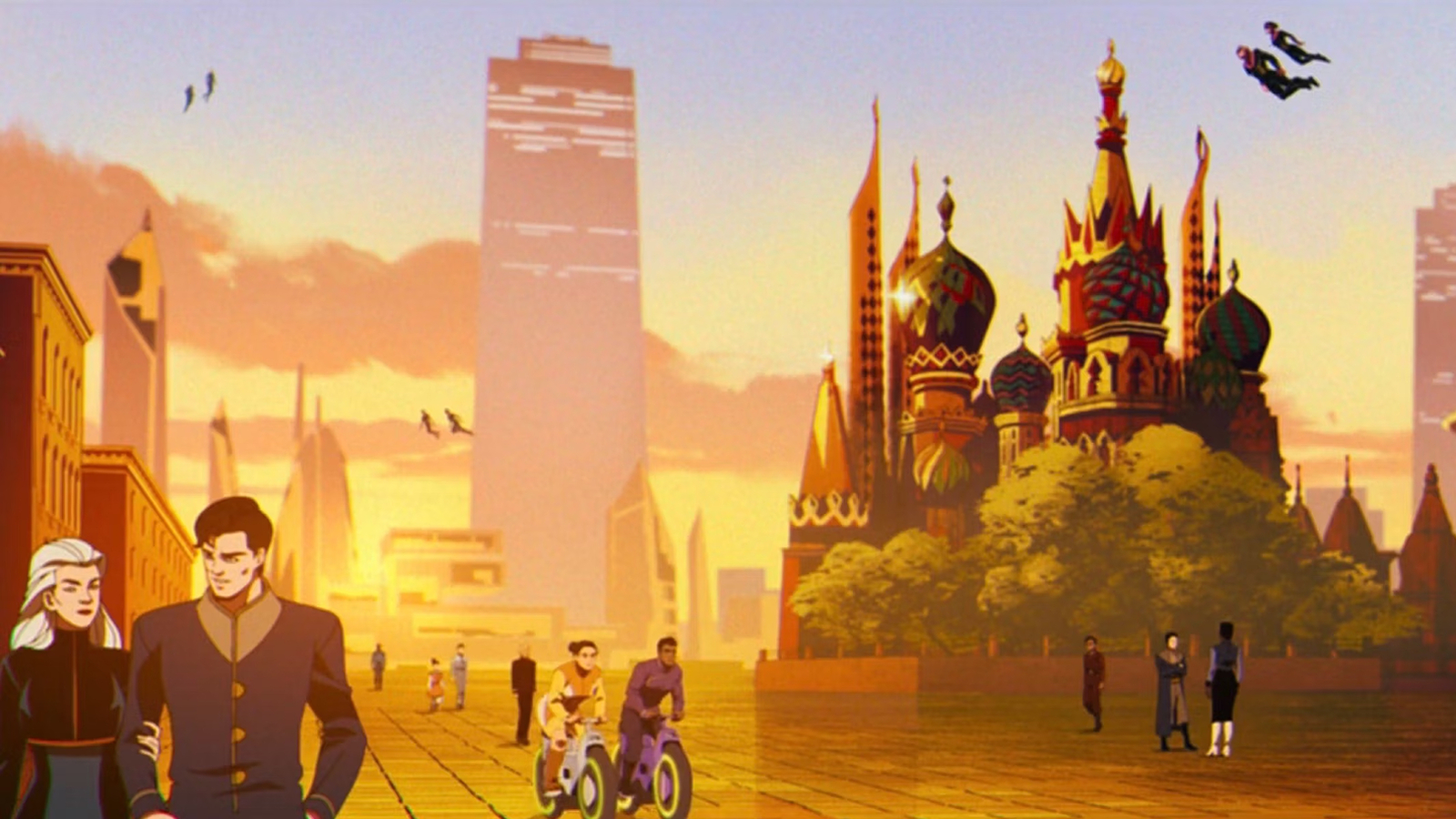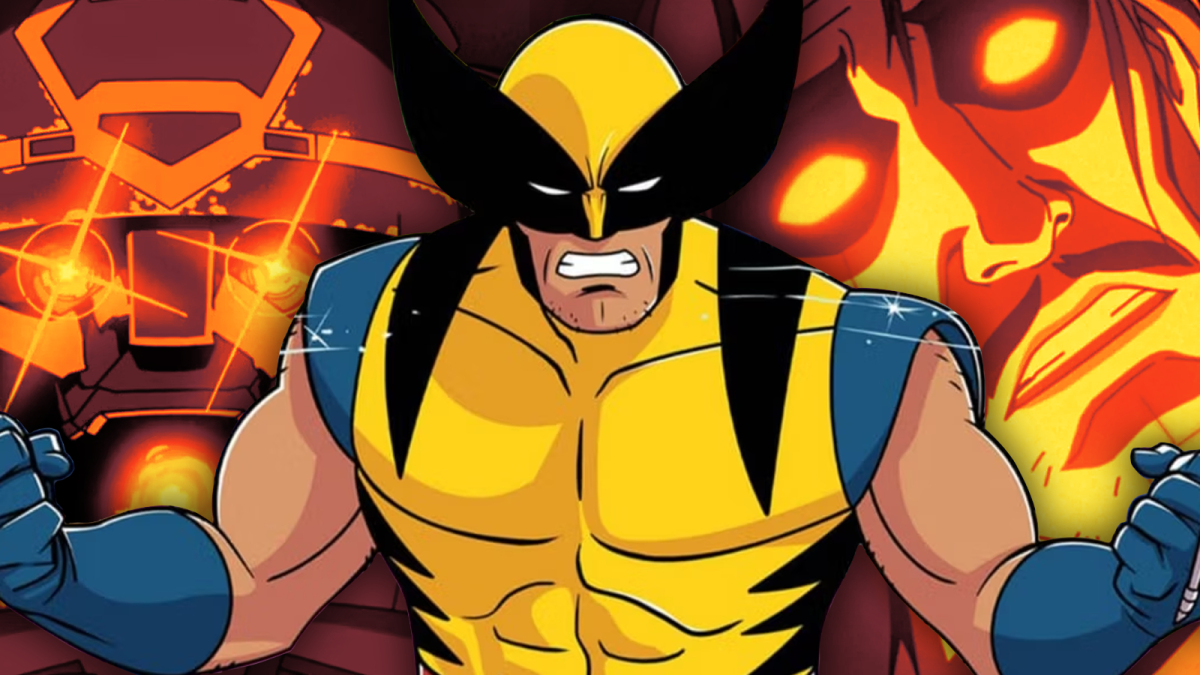Warning: The following article contains major spoilers for X-Men ’97 Season 1.
As X-Men ’97 Season 1 draws to a close, the stage is set for a suitably epic clash between mutants and humanity. Yet what ultimately makes this first season of X-Men ’97 work – what sets it apart from other X-Men adaptations – is its willingness to spotlight mutantkind’s greatest enemy: evolution.
Related: Will There Be an X-Men ’97 Season 2?
This may sound counterintuitive. After all, all mutants (including the X-Men) derive their powers from the evolutionary process. It’s their gift and their curse to be the next stage in humanity’s development. So, how can the biggest threat to mutants’ existence come from something they embody? It’s simple: mutants don’t have a monopoly on evolution. Homo sapiens can get in on the act too, through technology. And that tech is itself capable of evolving.
So, if the X-Men and their brethren don’t watch out, they’ll be left behind – and that means extinction.
The Evolution of Marvel’s X-Men Comics Canon
The “adapt or die” theme wasn’t necessarily part of the mythos when Stan Lee and Jack Kirby created the X-Men back in 1963. For them, ‘evolution’ was useful shorthand more than anything else. The idea of people gaining outlandish abilities via mutation was an easy catch-all to explain the X-Men’s superpowers. It also offered a solid springboard for Lee and Kirby to explore the themes of prejudice, xenophobia, and racism that would define the franchise. Regular humans coming up with a way of out-evolving humans wasn’t on Lee and Kirby’s radar, even when they introduced the mutant-hunting Sentinel robots in 1965.
Related: X-Men ’97: Why Does Valerie Cooper Free Magneto?
But gradually, the concept worked its way into the comics. By the 1980s, computers were getting smarter, and their effect on our lives – both good and bad – increasingly pronounced. The X-Men comics reflected society’s concerns that maybe, just maybe, all this progress could have a downside. So the seminal Days of Future Past storyline gave us a dystopian future where Sentinals rule over humans and mutants alike. Another arc, Operation: Zero Tolerance, served up human/machine hybrid Prime Sentinels. More recently, House of X and Powers of X added fully-fledged post-humans into the rogue AI mix.
In short: mutants and humans – and by extension, human-made machines – are locked in an evolutionary arms race. And in every race, there’s always a loser.
How Have Other X-Men Adaptations Handled Evolution?
X-Men ’97‘s precursor, X-Men: The Animated Series, didn’t really dig into any of the above. That’s partly because it was aimed primarily at kids (and censored with Wolverine-like ferocity). But it’s also partly because most of the comics’ early non-human evolution stuff came out in tandem with the show. There are traces of it in some of the Sentinel-centric storylines, however, it’s largely implicit. In X-Men: The Animated Series, rogue Sentinels – even super advanced ones like Nimrod – represent humanity’s folly, not its potential destiny. Subsequent X-Men cartoons were more or less the same.
Related: X-Men ’97: Why Couldn’t Cable Prevent the Genosha Massacre?
Fox’s X-Men movies largely avoided the tech evolution aspect of the canon, too. Heck, the films didn’t want to deal with the Sentinels period, until 2014’s loose Days of Future Past adaptation. Giant robots and killer AI were too fantastical for the more superficially grounded tone of Fox’s live-action franchise, especially in its early years. Admittedly, we get a sense that the Sentinels have leaped forward (mutated, even) intellectually and physically in the Days of Future Past flick’s downer timeline. They’ve nailed the adaptation bit, if nothing else. But it’s just that: a sense.
Bastion’s Utopia Is a Post-Human Hellscape

By contrast, X-Men ’97 goes full tilt. Season 1 explicitly frames human-Sentinel hybrid Bastion as part of an evolutionary chain that bypasses mutants entirely. His Prime Sentinels – cyborg creations capable of breeding – are likewise something new. As Cable tells us in Episode 8, “Tolerance Is Extinction – Part 1,” Bastion and the Prime Sentinels will eventually wage a 300-year war against mutantkind that results in a “human utopia,” but not humans as we know them. They’ve all upgraded, like machines – or like mutants.
Related: X-Men ’97: How Are Bastion and Nimrod Connected?
Will these post-humans ultimately find themselves surpassed by the next generation of “pure” Sentinels? It’s unclear at this stage, but it seems both fitting and likely. After all, Bastion’s origin story hinges on Nimrod’s existence. Either way, mutants seem destined to suffer in the X-Men ’97 universe, and they have their true enemy, evolution, to thank for it.
X-Men ’97 is now streaming on Disney+, with new episodes dropping on Wednesdays.






Published: May 5, 2024 09:00 am